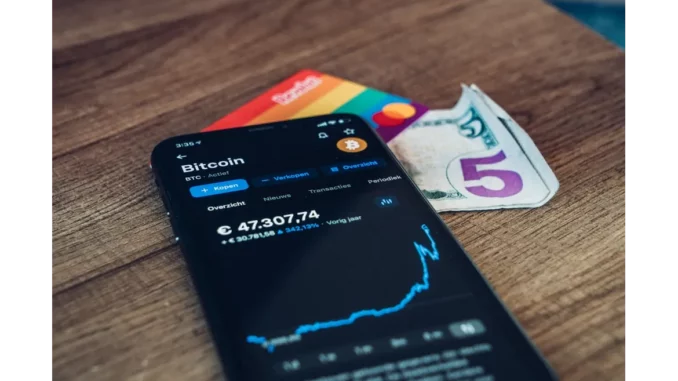
The recent proposal by former President Donald Trump to establish a Bitcoin strategic reserve has ignited substantial debate among financial experts and policymakers. Vitaliy Katsenelson, CEO of Investment Management Associates, has been particularly vocal in his criticism, cautioning that such a move could undermine the U.S. dollar’s status as the world’s primary reserve currency and potentially destabilize the global financial system.
Trump’s vision for the U.S. to become a “Bitcoin superpower” includes the creation of a Bitcoin strategic reserve. This proposal, initially suggested by Dennis Porter, CEO and Co-Founder of the Satoshi Act Fund, aims to incorporate Bitcoin into the U.S. Exchange Stabilization Fund (ESF). The idea is to retain all Bitcoin currently held or acquired by the U.S. government, potentially boosting Bitcoin’s value. However, this strategy could expose investors to significant risks if the government decides to sell its holdings, causing market fluctuations.
Katsenelson’s main concern lies in the potential weakening of the U.S. dollar. He argues that promoting Bitcoin at an official level could erode confidence in the dollar, particularly at a time when faith in the currency is already fragile due to escalating national debt. “Money is more than just green paper with the faces of dead presidents,” Katsenelson asserts, emphasizing that money reflects a nation’s economic output and the narrative that society believes in. The U.S. dollar’s status as the world’s reserve currency has been cultivated over decades of economic stability and trust. With the national debt soaring and budget deficits growing, this trust is under threat. Katsenelson fears that legitimizing Bitcoin as a reserve currency could further undermine confidence in the dollar, potentially leading to an economic crisis.
The broader economic context adds another layer of complexity to this debate. The U.S. economy is currently grappling with a $35 trillion national debt, while the annual budget deficit stands at 5.6%. This financial instability makes the dollar less attractive as a reserve currency. Introducing Bitcoin as a strategic reserve in such a scenario could exacerbate the situation. Unlike the dollar, Bitcoin is not controlled by any central authority, meaning the U.S. government cannot print more Bitcoin to finance its debts or implement economic policies. While this decentralization could be seen as a positive aspect, it also means that Bitcoin’s value is subject to market fluctuations and investor sentiment, making it a risky alternative to the dollar.
On a global scale, the U.S. dollar has long been the dominant reserve currency, primarily due to the country’s economic strength and political stability. However, this dominance is increasingly being challenged by both fiat and digital currencies. Countries are diversifying their reserve holdings, and the rise of cryptocurrencies like Bitcoin adds another layer of complexity to the global financial system. Katsenelson argues that U.S. leaders should be advocating for the dollar rather than promoting alternatives like Bitcoin. The introduction of a Bitcoin strategic reserve could signal a lack of confidence in the dollar, prompting other countries to follow suit and diversify their reserves away from the dollar.
Trump’s support for cryptocurrencies was further underscored in a recent interview, where he criticized the U.S. government’s decision to sell Bitcoin and called for the U.S. to build its cryptocurrency reserves. He compared the importance of cryptocurrency to artificial intelligence, emphasizing the need for the country to remain competitive in the global market. This political endorsement of Bitcoin has significant implications. It could legitimize Bitcoin as a reserve currency, potentially boosting its price but also exposing investors to risks if the government decides to sell. Moreover, it raises questions about the role of cryptocurrencies in the broader financial system and their potential impact on traditional currencies like the dollar.
Trump’s proposal for a Bitcoin strategic reserve represents a bold and controversial move with the potential to reshape the global financial landscape. While it could enhance Bitcoin’s value and position the U.S. as a leader in the cryptocurrency space, it also carries significant risks. The potential to undermine the dollar’s status as the world’s reserve currency is a concern that cannot be ignored. As Katsenelson points out, money is more than just a medium of exchange; it is a reflection of a nation’s economic health and stability. In an era of rising debt and economic uncertainty, the U.S. should prioritize strengthening the dollar over promoting alternatives like Bitcoin. The future of the global financial system may well hinge on the decisions made by today’s leaders.

Be the first to comment